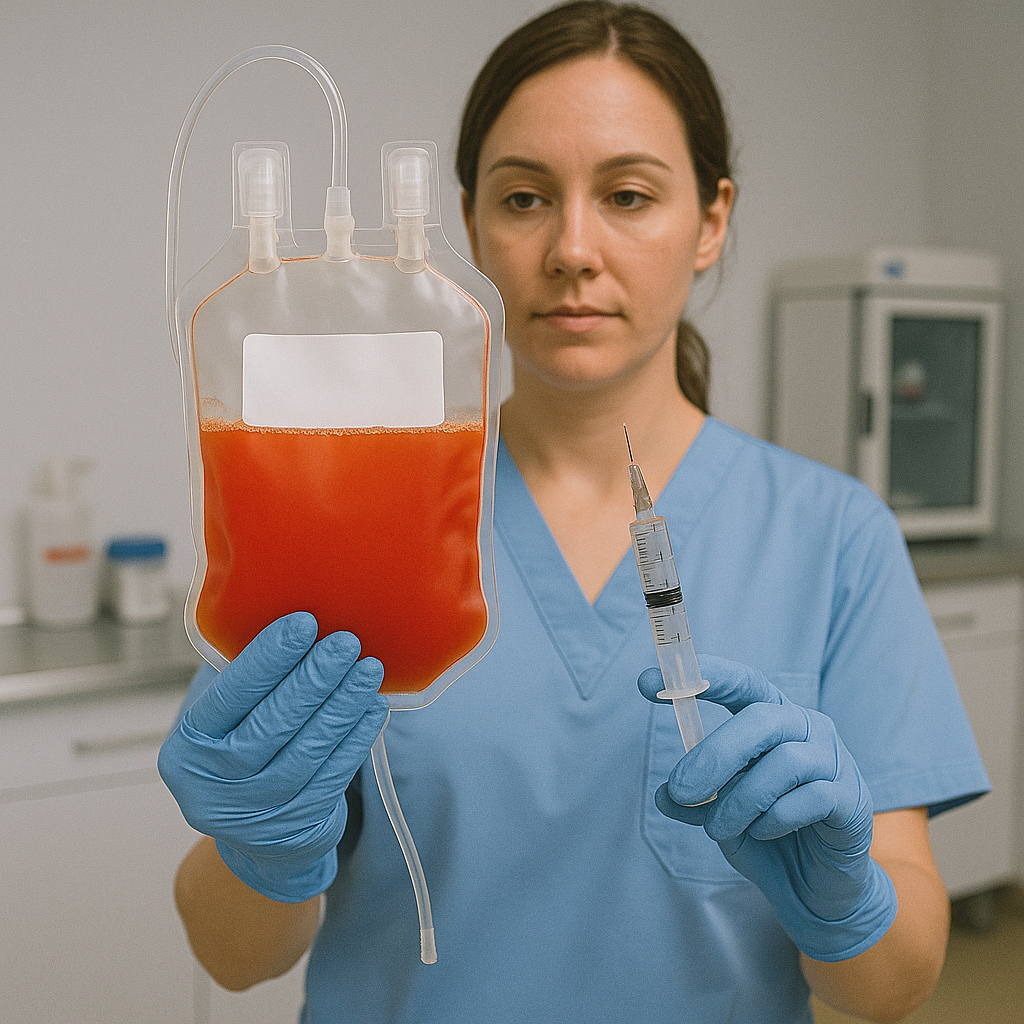Umbilical Cord Stem Cell Therapy
Ethically sourced donor cells to support repair and calm inflammation.

Umbilical cord–derived mesenchymal stem cells (UC-MSCs) come from donated umbilical cords after healthy, full-term births. No embryos are involved. These cells are known for:
Strong anti-inflammatory and immune-modulating effects
Low immunogenicity (they’re less likely to trigger strong immune reactions)
High capacity to secrete growth factors that support tissue repair
Clinical trials in musculoskeletal and autoimmune conditions show encouraging safety profiles over several years of follow-up, with signals of pain reduction and functional gains—especially in osteoarthritis—though larger, longer studies are still needed.
What to Expect with Umbilical Cord–Based Therapy?
Screened donors & processing
Tissues are collected from consenting mothers, with infectious-disease screening and processing under strict quality standards
Office-based injections
The prepared product is injected into the target joint or soft tissue under image guidance, usually as an outpatient procedure
Minimal downtime
Most patients resume light activities quickly, though the biological effect, if any, builds over weeks
Where this fits in your care plan?
Umbilical cord–derived products are usually considered when:You’re not a good candidate for bone marrow harvest
You prefer not to undergo a separate harvest procedure
Your provider believes an allogeneic (donor-derived) product may better match your clinical picture
Safety, Ethics, and Regulation
Current FDA guidance: most umbilical cord–derived products marketed for orthopedic pain are not FDA-approved; they fall under regenerative/biologic categories that are tightly regulated and sometimes misused in the broader market.
NexGenEsis focuses on ethical sourcing, transparent labeling, and careful patient selection.
Side effects can include short-term pain, swelling, or fever; severe reactions are rare in published studies but still possible.
